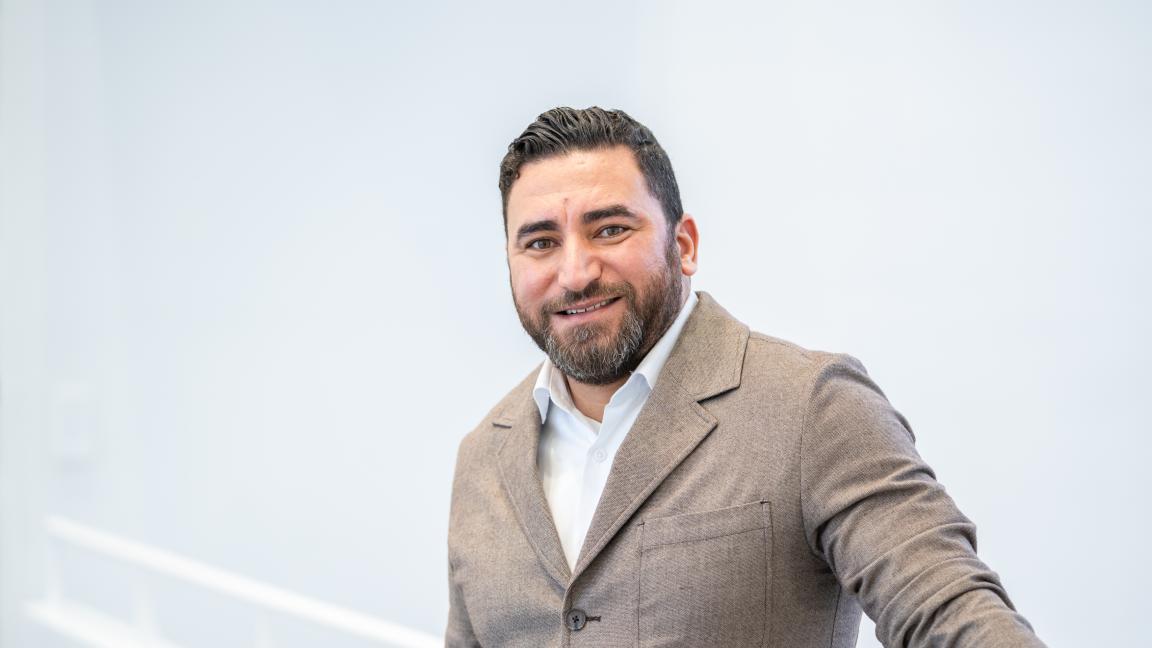An integrated approach to cybersecurity is key to reducing critical infrastructure vulnerability
From power grids and transport to healthcare systems, the functioning of modern society relies on interconnected networks. When these systems fail, the consequences ripple quickly across sectors. In his doctoral dissertation in Computer Science, Bahaa Eltahawy argues that ensuring their security is not just a technical challenge but a societal necessity requiring coordination between technology, governance, and human behaviour.
– Digitalisation has created vast interconnections between systems that were once isolated. The danger lies in cascading effects, where a failure in one sector triggers a collapse in others, causing widespread disruption across society. In two or three days, we’re gonna find ourselves living like it’s the Stone Age, Eltahawy notes.
Cybersecurity, cyberprivacy, and smart grid operations have been studied extensively, but often as separate domains. To address this fragmentation, the dissertation provides a model that expands protection into seven domains, including data governance, socio-technical factors, and risk analysis.
– When protection is viewed from only one angle, new problems inevitably emerge from another. We need experts from different disciplines to complement each other's knowledge, Eltahawy points out.
Protection is a continuous process, not a one-time fix
The study also reveals that many existing standards, such as those governing data protection, cybersecurity frameworks, and smart grid architecture, have limitations that prevent them from addressing cross-sectoral risks. By analysing the weaknesses of these standards, Eltahawy’s work shows where gaps exist and how coordinated strategies can strengthen resilience.
Ultimately, Eltahawy emphasises that critical infrastructure protection is a shared responsibility that requires cooperation between technical experts, managers, and decision-makers.
– Once we believe our systems are safe, that is when they start to weaken. Protection is a continuous and adaptive process that must evolve alongside new risks and technologies, explains Eltahawy.
Dissertation
Eltahawy, Bahaa (2025). An Integration of Cyberprivacy, Cybersecurity, and Smart Grid Strategies for Protecting Critical Infrastructure. Acta Wasaensia 569. Doctoral dissertation. University of Vaasa.
Public defence
The public examination of M.Sc. Bahaa Eltahawy’s doctoral dissertation ”An Integration of Cyberprivacy, Cybersecurity, and Smart Grid Strategies for Protecting Critical Infrastructure” will be held on Wednesday 26 November 2025 at 12 at the University of Vaasa, auditorium Kurtén.
It is possible to participate in the defence also online:
https://uwasa.zoom.us/j/61748516657?pwd=bToIu1b69wWB0L4CXomtXU4pHOEG8X.1
Password: 884858
Professor Seppo Virtanen (University of Turku) will act as opponent and Professor TeroVartiainen as custos.
Further information
Bahaa Eltahawy, tel. +358 29 449 8506, bahaa.eltahawy@uwasa.fi
Bahaa Eltahawy was born in Cairo, Egypt, in 1985. He completed a Bachelor’s degree in Electronics Engineering and a Master’s degree in Telecommunications Engineering at the University of Vaasa. Eltahawy is currently finalising a Masters degree in Project Management while working as a Project Researcher at the University of Vaasa.
